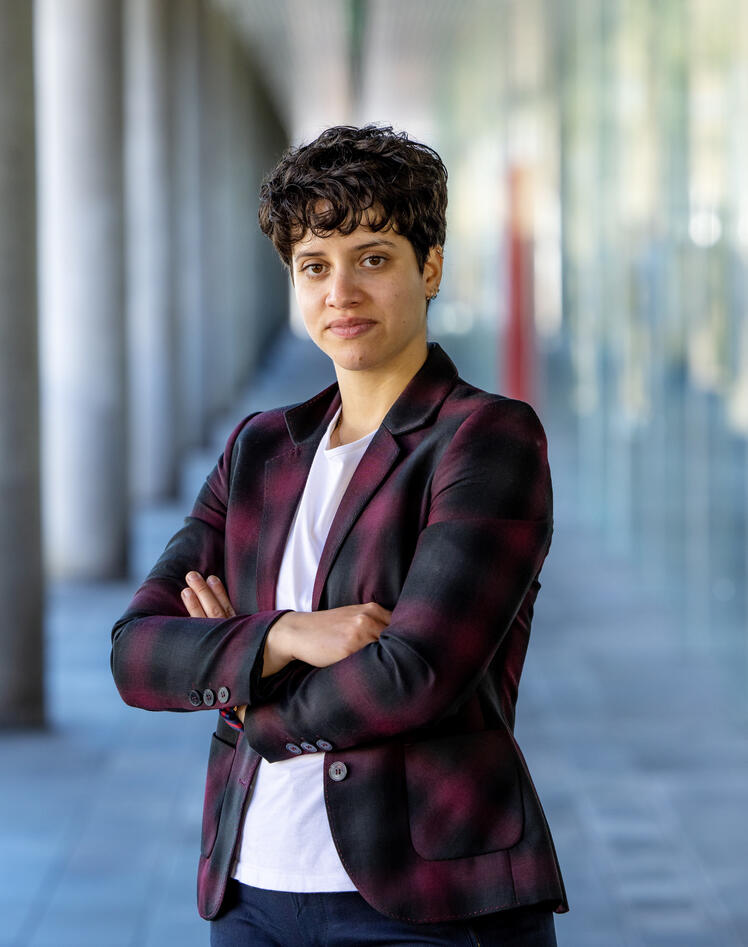Ph.d.-profil: Seréna Nilsson Rabia
My research project investigates women's role, participation and challenges in specific public sectors in Algeria, focusing on health, courts, parliaments, and education—areas historically marked by significant female involvement.
Hovedinnhold
In the past decade, Algeria has implemented numerous laws to encourage women's engagement in the formal sector, including reinforcing gender equality laws, implementing gender quotas in politics, and promoting higher education for women in rural areas. Despite these legal measures, women often continue to be perceived as second-class citizens and the economic and socio-cultural landscape in Algeria poses significant challenges for women, who encounter obstacles related to social values and norms that subordinate them in the workforce. This research aims to deconstruct women's participation in four public sectors: health, courts, parliament, and education. These sectors were chosen because they have historically had the highest participation of women.
However, in the political sphere, gender quotas were abolished with the new government, resulting in women now holding only 8.35% of the seats in parliament.The objective of this research is to identify the challenges and barriers that women face in these spheres, deconstructing how their workspaces are gendered in a predominantly male-dominated society. Additionally, the research explores how these challenges and barriers impact women's careers and identifies the tactics or forms of negotiation employed by women in these spaces. This analysis is conducted in contrast to the experiences of men working and negotiating within these spheres. Employing an intersectional and post-colonial perspective, this research allows for a non-homogenous deconstruction of women's challenges, considering various intersections that interact. Furthermore, it enables the examination of exclusionary structures and the logic of imperial and post-colonial states. This approach challenges the tendency of Western researchers to construct images of women from former colonies as mere victims without agency and power in both post-colonial and imperial nations. The aim is to move beyond Western feminists' analyses of the relationship between gender, power, and patriarchal structures.
